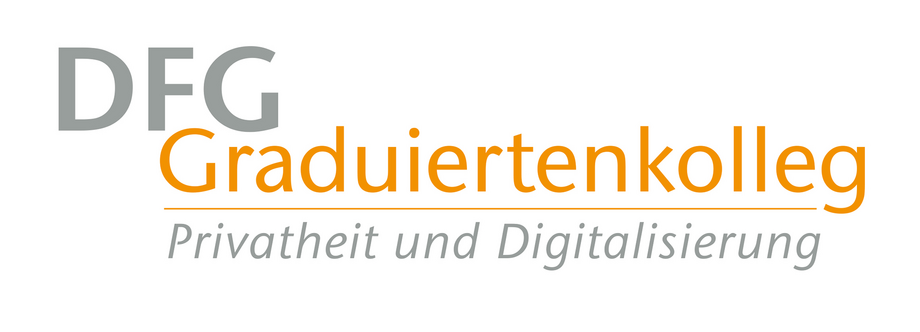Details
Late Socialist Eastern and East-Central Europe between the Private and the Public



Late Socialist Eastern and East-Central Europe between the Private and the Public The conference will take place on December 8-10, 2017 at the University of Passau, Germany. It will be jointly sponsored by the Federal Foundation for the Study of the Communist Dictatorship in Eastern Germany and the DFG Research Training Group 1681/2 'Privacy and Digitalization' of the University of Passau.
Conference organizers:
Tatiana Klepikova Tatiana.Klepikovaatuni-passau.de
Lukas Edeler Lukas.Edeleratuni-passau.de
'Privacy' is a well-researched yet highly disputed concept in Western scholarship. While most privacy research comes from and concentrates on Western liberal societies, great potential of privacy studies beyond this traditional framework still remains largely unexplored. The framework of Western liberal societies may therefore be seen not only as a “comfort zone” of privacy studies, but also as a barrier that often limits the potential of the research. This conference aims at elucidating the problems and the perspectives of privacy studies beyond the traditional liberal framework by bringing together scholars and PhD students who work on the concept of 'privacy' in the context of Late Socialist Eastern and East-Central Europe.
The use of this concept in the context of Late Socialist Eastern and East-Central Europe leads to a range of questions that challenge liberal dichotomies and pave the way for alternative visions of 'privacy'. These questions are particularly resonant now, in the centennial year of the October Revolution, when its consequences are debated anew. In the post-war years, Socialist Eastern and East-Central Europe witnessed the expansion of the material as well as immaterial private sphere, which did not only come as a result of the changed world order and subsequent transformations of Socialist societies, but can also be seen as a process that was meticulously planned, carried out, and controlled by the authorities of respective countries in an attempt to stabilize their regimes in the process of de-Stalinization. However, we should also consider whether the private sphere, so benevolently tolerated by Socialist states, continuously developed into an enfant terrible that nurtured not only stability, but also the disruptive forces of dissidence and civil rights movements, which ultimately undermined the Socialist bloc from within. These stabilizing and simultaneously disruptive currents of 'privacy' within non-liberal societies are of particular interest, as they elucidate the multifaceted nature of this concept. While the liberal concept of 'privacy' usually fails in the framework of authoritarian regimes of post-war Europe, the region offers a diversity of other impulses similar to the liberal idea of 'privacy' that will be discussed during the conference.
| Principal Investigator(s) at the University | Prof. Dr. Hans Krah (Lehrstuhl für Neuere Deutsche Literaturwissenschaft) |
|---|---|
| Project period | 01.08.2017 - 31.12.2017 |
| Source of funding |  Bundesstiftung zur Aufarbeitung der SED-Diktatur |
| Projektnummer | VAFP 026-2017 |
| Förderhinweis | Sponsored by the Federal Foundation for the Study of the Communist Dictatorship in Eastern Germany and the DFG Research Training Group 1681/2 'Privacy and Digitalization' of the University of Passau. |

